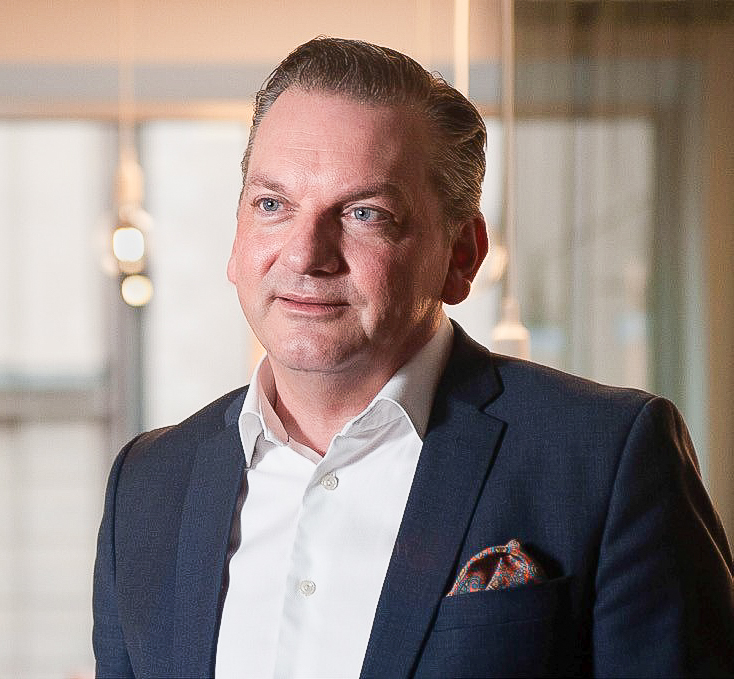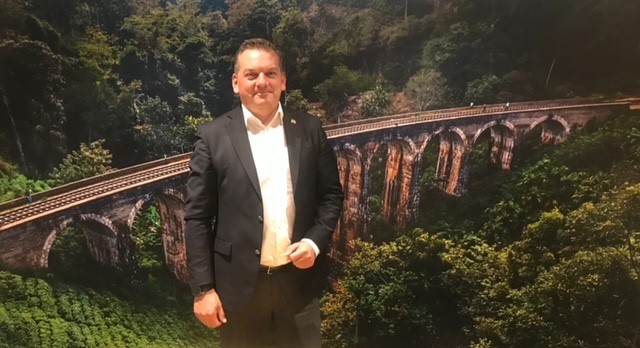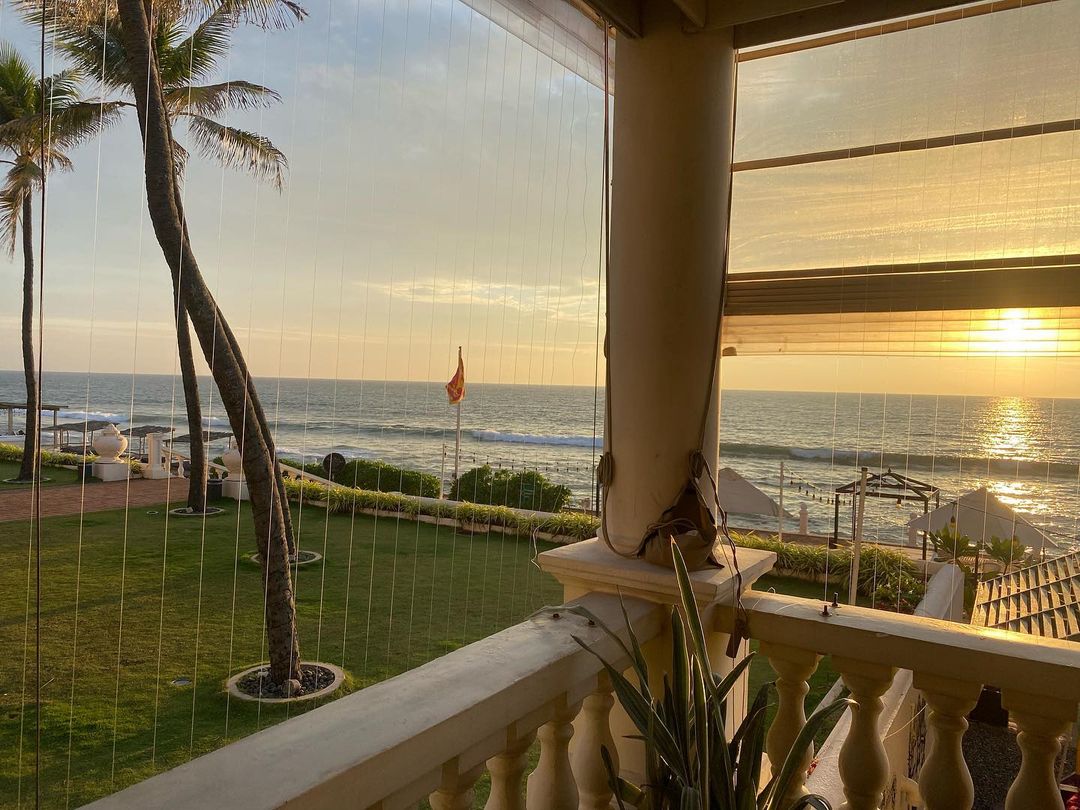Please see the attached announcement from the Ceylon Electricity Board of Sri Lanka for the Development of 2 x 50 MW Wind Farm Facilities at Mullikulam on Build, Own & operate (BOO) Basis.
EUROPEAN CHAMBER OF COMMERCE IN SRI LANKA NEWSLETTER
STYRELSE 2025-2026
STYRELSE SSLBC PER 12 MARS 2025
| Position | Namn | Mandatperiod | e-post & telefon |
| Ordförande | Kerstin Thulin | 2025-2027 | Kerstin.thulin@sslbc.se |
| Generalsekr | Leif I Ohlson | 2024-2026 | Sec.gen@sslbc.se |
| Kassör | Johan Lundmark | 2025-2027 | Johan.lundmark@sslbc.se |
| Ledamot | AnnDala Ehrstedt | 2025-2027 | Anndala.ehrstedt@sslbc.se |
| Ledamot | Adam.Fonsica | 2024-2026 | Adam.fonsica@sslbc.se |
| Ledamot | Niklas Karlsson | 2025-2027 | Niklas.karlsson@sslbc.se |
| Ledamot | Daniel Nordlund | 2024-2026 | Daniel.nordlund@sslbc.se |
| Ledamot | Henrik Palmquist | 2024-2026 | henrik.palmquist@sslbc.se |
| Ledamot | Christina Riddebäck | 2025-2026 | christina@sslbc.se |
| Mail hela styrelsen | board@sslbc.se |
Not: ordförande, gensekr och kassör utses ett år i taget.
Valberedning intill nästa ordinarie årsmöte
Jan Campbell
Marcus Pettersson
Leif I Ohlson
Gruppmail: valberedning@sslbc.se
Revisor intill nästa ordinarie årsmöte
Roshan Malatunga
Ökande intresse för Sri Lanka bland svenska företag
Tillväxt de senaste fem åren, tillväxt under 2024 och optimism för 2025. Det är några av huvudresultaten från Sweden-Sri Lanka Business Councils (SSLBC:s) medlemsundersökning för 2025. Resultaten är också en återspegling av det ökande intresset för Sri Lanka från svenskt näringsliv. På två år har antalet medlemmar i SSLBC ökat från 75 till 100.
Läs mer;
Undersökningen också fått uppmärksamhet i srilankesisk media
https://www.ft.lk/business/Optimism-among-Swedish-companies-working-with-Sri-Lanka/34-774858
ECCSL Newsletter
Newsletter from our friends in European Chamber of Commerce in Sri Lanka.
Skyddad: ÅRSMÖTE 10 MARS
Invest Sri Lanka Investor Forum 2025 27&28 March
Invest Sri Lanka Investor Forum 2025
Sri Lanka’s economy has undergone a remarkable revival, positioning its capital market as an attractive destination for investors eager to be a part of the country’s growth story. In 2024 the All Share PriceIndex (ASPI) and S&P SL20 received impressive returns of 49.7% and 58.5% respectively. The marketalso recorded a positive net inflow of USD 66.5 Mn, alongside the highest capital raised in a single yearreaching USD 568.61 Mn.
OUTLOOK 2025
The 10th Edition of the “Outlook 2025” report, published by the Economic Intelligence Unit (EIU) of the Ceylon Chamber of Commerce, provides an in-depth analysis of Sri Lanka’s macroeconomic performance and future outlook, along with insights into global economic trends. This edition also examines the performance and prospects of ten key sectors of the economy.
Sri Lanka Economic Summit 27-28 Jan 2025
We are pleased to share the photographs, speaker presentations, and session recordings from the Sri Lanka Economic Summit held on 28th and 29th January, 2025. You may access them via the links below:
Photographs
Speaker Presentations
Session Recordings – https://sles.chamber.lk/video-library/
Poll Results attached.
We hope these resources help you revisit the key insights and discussions from the Summit. Thank you once again for your participation and engagement.
3 quick questions for Sri Lanka’s Honorary Consul Marcus Pettersson
3 quick questions for Marcus Pettersson, Sri Lanka’s honorary consul in western Sweden. He is the CEO of the insurance group MySafety and president of the IT-group Frontwalker. Marcus has extensive experience in the tourism industry both internationally and nationally.

What does the work as an honorary consul entail?
The work is an unpaid assignment with three main responsibilities. The honorary consul’s primary task is to represent Sri Lanka in public contexts and within the business sector. The consul is also responsible for supporting Sri Lankan citizens.
An important part is also to promote Sri Lanka as a tourist destination, trade partner and modern business nation. The third responsibility is to act as the country’s eyes and ears in areas such as research and business, and to report relevant information to the embassy.
What were the most important events in 2024?
It was both an intense and rewarding year. H.E. Ambassador Kapila Fonseka made a successful visit to the Gothenburg region, meeting with industry representatives as well as the governor of western Sweden.
Numerous constructive dialogues were established. An important area, where my own professional experiences have been particularly useful, has been the development of the tourism industry. Swedish visitors are seasoned travelers who stay for long periods, seek authenticity, and are willing to spend generously during their stay in Sri Lanka.
You recently returned from a business trip to Sri Lanka. What are your main impressions?
Sri Lanka is an outstanding country with strong momentum. Through hard work and strong discipline, the country’s fiscal recovery has made significant progress. I experienced both political and economic stability, which creates conditions for long term predictability — key element for developing trade relations. I also believe that our two countries’ business cultures align well, a foundation for trust.
I am looking forward to the rest of 2025 with great confidence. The ”Clean Sri Lanka” initiative, coordinated by the embassy in Sweden, is an exciting example. My hope is to bring together Swedish expertise in renewable energy, material recycling, and waste management with Sri Lankan stakeholders. To that, Sri Lanka’s strong IT sector should naturally be added as a key area of itself.

